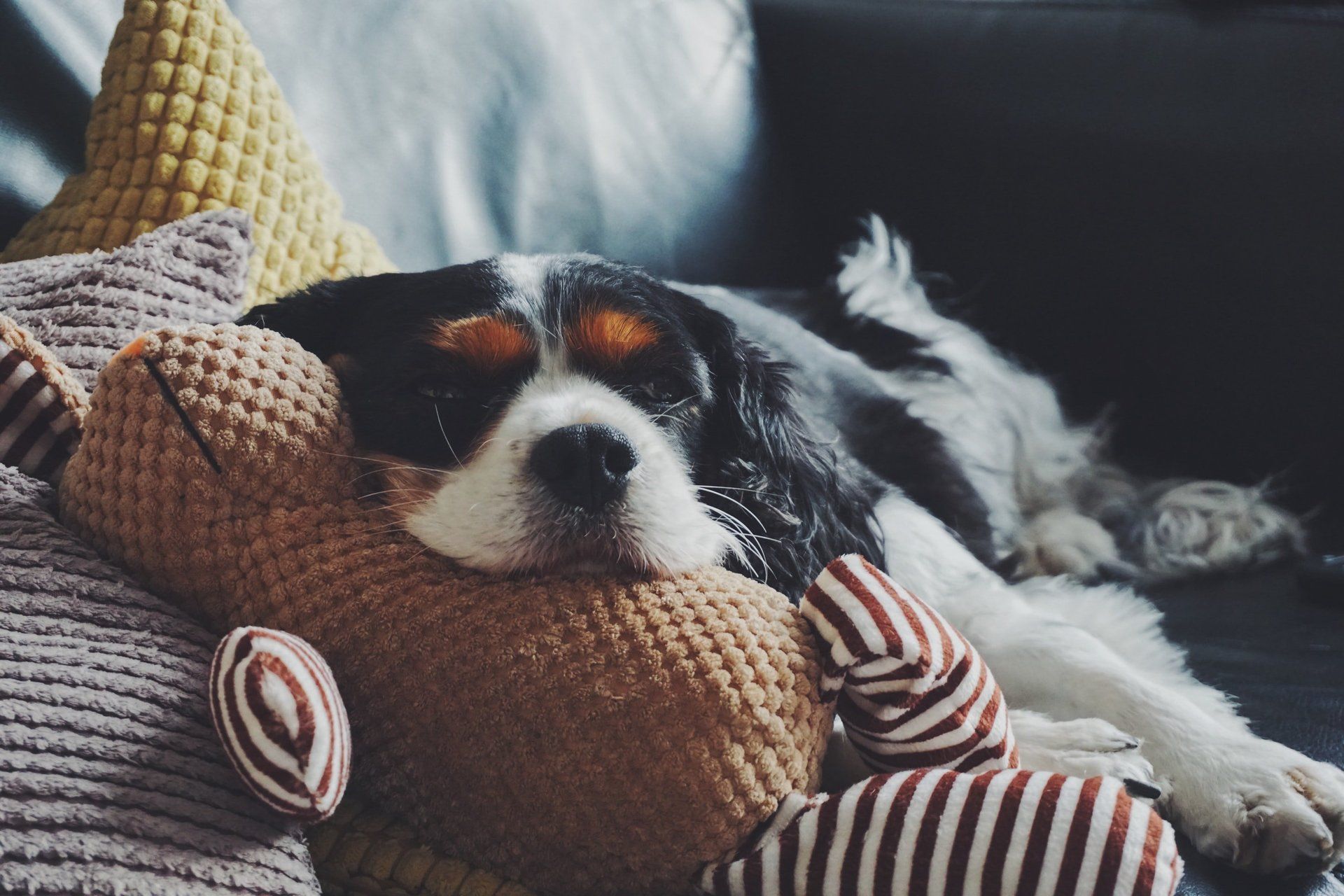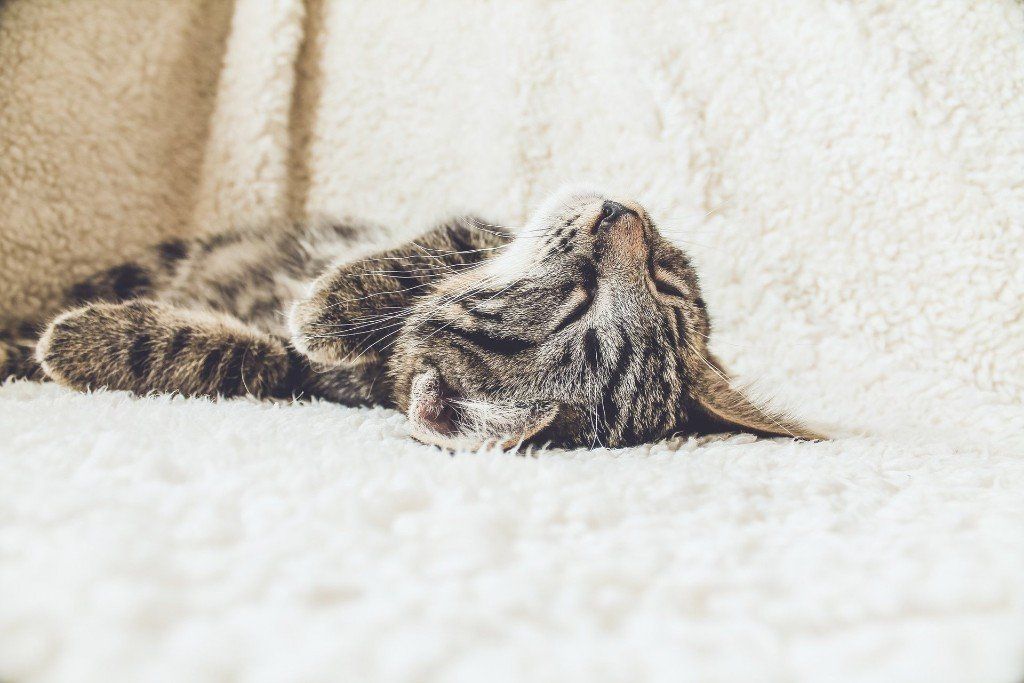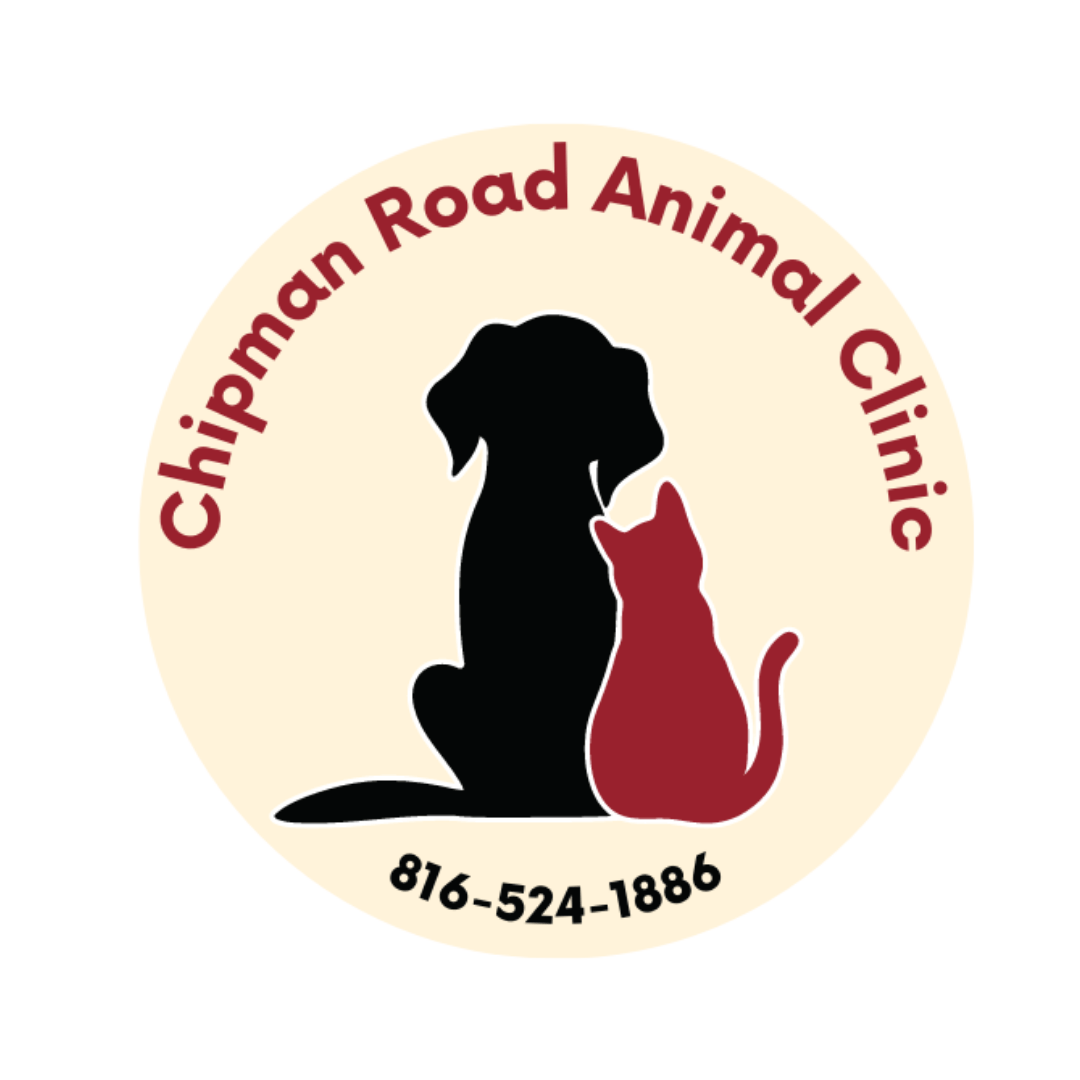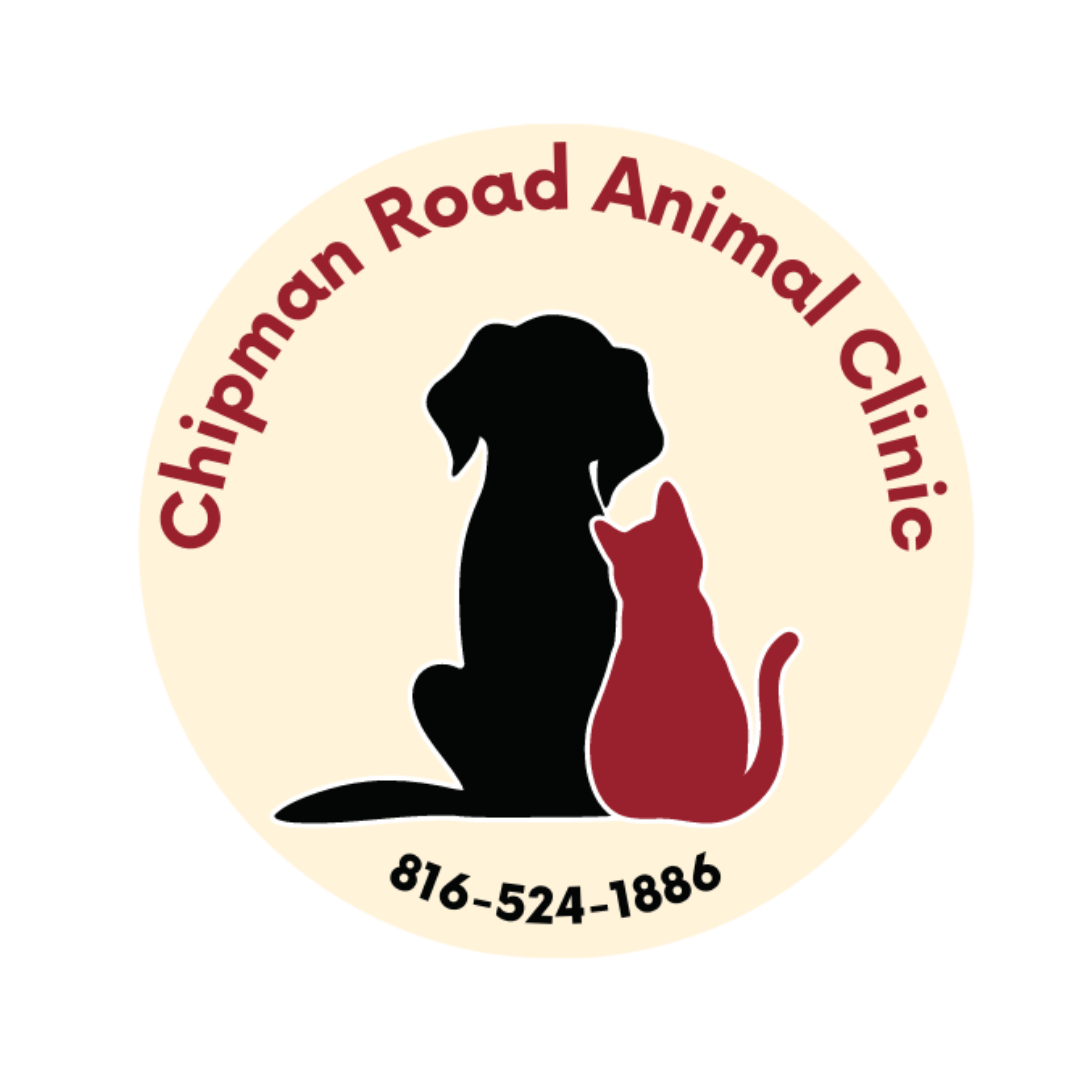Spay and Neuter Clinic in Lee's Summit, MO
Caring for your furry friend is an exciting adventure, but like an itinerary, details such as cat spaying and neutering are important considerations. Both accomplish the same primary goal as well as several added benefits for you, your pets, and your community. Chipman Road Animal Clinic knows that health decisions are important, and as a trusted spay and neuter clinic in Lee’s Summit, we are here for you and your pet.
Spaying and neutering your pet not only removes the chance of an unexpected litter of kittens or puppies! It also has positive impacts on behavior and reduces health risks. Contact the trusted experts at Chipman Road Animal Clinic in Lee’s Summit today!
Affordable Spaying Services
At Chipman Road Animal Clinic, we feel that spaying is very important and necessary. As a full service spay and neuter clinic, we offer affordable pricing for spaying your pet as well as Care Credit, which is quick and easy to apply for.
Dog Spaying and Cat Spaying
A surgery called an ovariohysterectomy, otherwise known as spaying, removes any chance of reproduction by removing the organs in the reproductive system. Whether you are considering a kitten spaying or puppy spaying, most pets can be spayed at 6 months or before their first heat. There is some debate on when to spay large breed dogs. The veterinary care team at Chipman Road Animal Clinic will talk through any concerns you may have so you can make the best choice for your pet.
Have Questions? Here Are a Few We Get All the Time




What to Expect After Surgery and During Recovery
Healing Time is 10 Days
Most neuter and spay surgeries happen when a pet is young, which translates to being quite energetic and rambunctious. Although routine and safe, the surgery still entails some physical stress and an incision for your pet.
Using tactics including limiting the space your pet has to roam in, whether it’s a calm room or a crate, limiting interaction with other household pets, and leashing to restrict activity will help your pet heal completely and quickly. A pet that gets overactive too soon risks tearing open their sutures, serious infection at the incision site, damage to internal organs, and a second, usually urgent, trip back to the vet.
This includes water and bathing restrictions. During the 10-day recovery period, you can safely brush your pet, wipe them down with a damp cloth, or use a waterless shampoo, but be sure to stay clear of the incision site.
Keep an eye on the incision. Your vet will provide detailed incision aftercare information, which should include visually checking the incision twice a day. Steady healing, similar to a wound you might have, is ideal, but if you notice any unexpected heat, redness, drainage, discharge, or dramatic changes in your pet’s behavior, you should reach out to us as soon as possible so we can evaluate your pet for complications.
Cone, Elizabethan (Ruff) or soft recovery collars. Don’t be fooled by the expression on your pet’s face while they’re wearing the dreaded cone! You are absolutely looking out for their best interests and well-being. Just like us, healing involves some itching and discomfort, and it’s hard to explain to your pet why they can’t lick or chew on the incision. That’s why we recommend a collar for the entire 10 days at all times, especially if they are left unsupervised. It only takes a few seconds for your pet to pull out a suture.
Ready to Check Kitten Spaying or Puppy Neutering off Your List? Visit Chipman Road Animal Clinic Today!
We are passionate about animals and about your pet.
To schedule a spay or neuter, please call Chipman Road Animal Clinic

